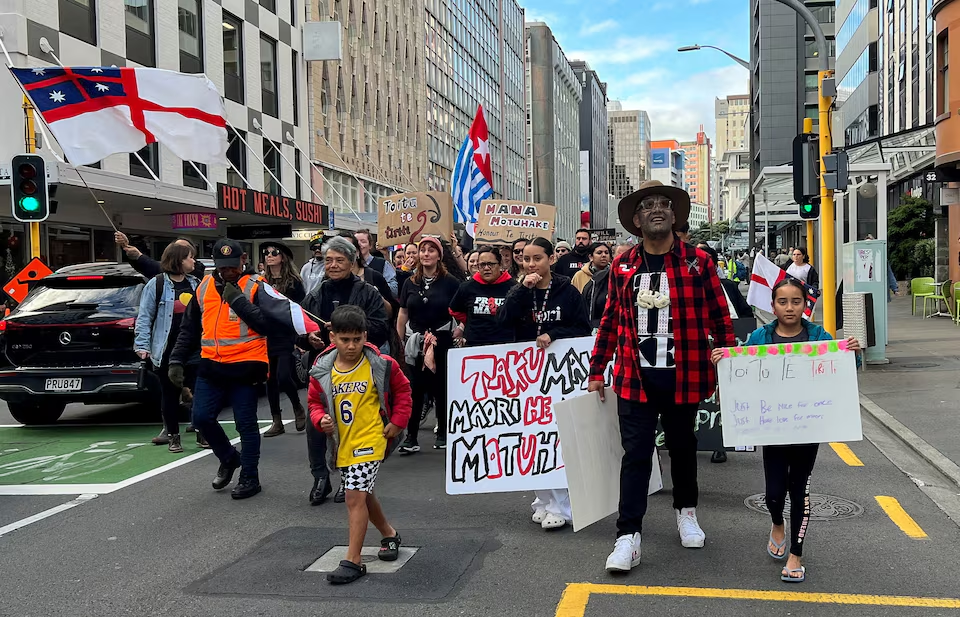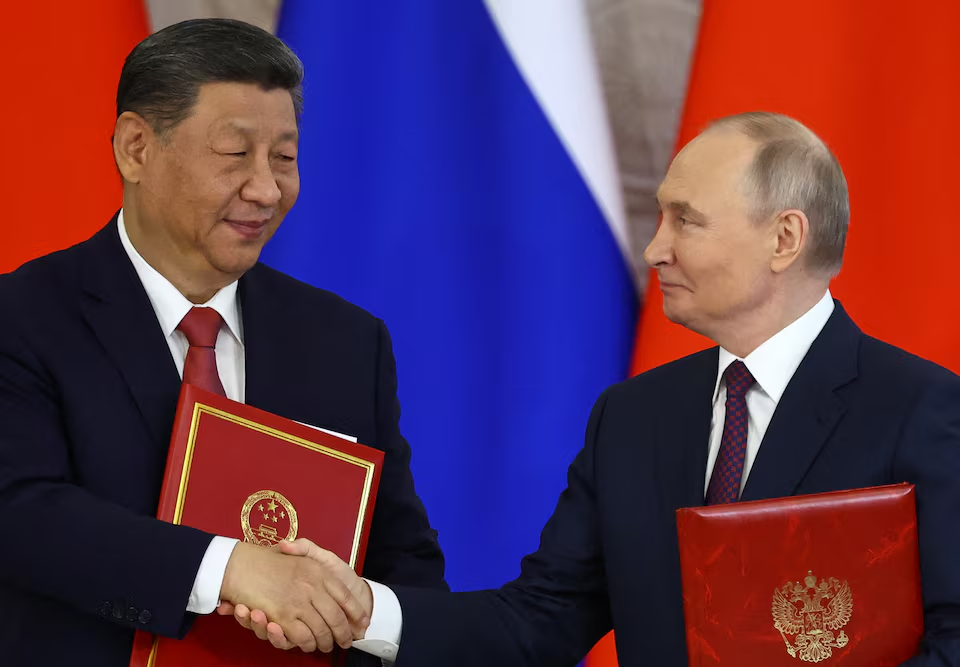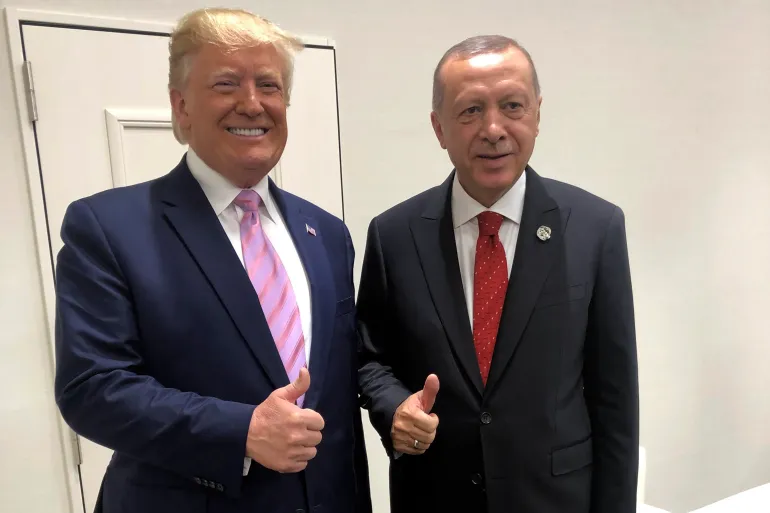New Zealand’s Parliament has postponed a contentious vote that could have led to the suspension of several Indigenous Māori lawmakers, amid a rising political storm over the treatment of protest within legislative chambers. The deferral follows days of criticism from rights advocates and political observers who warn the move risks undermining democratic freedoms and Indigenous representation.
The disciplinary motion, which was scheduled for Tuesday, sought to suspend six members of the Te Pāti Māori (Māori Party) after they staged a protest inside Parliament earlier this month. During a heated debate on budget allocations for Māori communities, the MPs disrupted proceedings by performing haka and refusing to vacate the chamber.
The Speaker of the House, Gerry Brownlee, condemned the demonstration at the time as a violation of parliamentary rules and called for disciplinary action. However, the proposed suspension faced pushback for what critics described as disproportionate punishment rooted in cultural insensitivity.
In announcing the delay, Prime Minister Christopher Luxon said the government needed more time to consider “constitutional implications and public sentiment.” He denied the decision was politically motivated, stating, “Parliament must uphold its rules, but it must also listen to the voices of those it represents.”
The Māori Party, which holds a growing influence in national politics, accused the government of attempting to silence dissent and marginalize Indigenous concerns. Party co-leader Debbie Ngarewa-Packer called the attempted suspension “an act of colonial suppression” and said the protest was a legitimate response to systemic underfunding of Māori health, housing, and education.
“Our people are dying younger, living in poverty, and being incarcerated at the highest rates. If we can’t speak up in Parliament, then where?” Ngarewa-Packer said in a press briefing.
New Zealand’s Parliament has rarely suspended members in modern history, and never in such numbers or based on cultural expression. The haka, a traditional Māori war dance and symbol of resistance, has deep significance in Māori political identity and protest.
The potential suspensions drew condemnation from civil society groups, including Amnesty International, which urged the government to avoid setting a precedent that would chill political expression or suppress Indigenous rights.
“This is about more than parliamentary decorum—it’s about democratic values and respect for Indigenous voices,” said Meg de Ronde, Executive Director of Amnesty International Aotearoa New Zealand.
The controversy comes at a time of heightened racial and political tensions in New Zealand, where debates over the Treaty of Waitangi, co-governance, and systemic inequality have become increasingly polarized. Luxon’s center-right coalition government has faced criticism for rolling back policies aimed at addressing historical Māori grievances.
With the vote now delayed, all sides appear to be recalibrating. Some lawmakers have suggested mediation or alternative disciplinary actions rather than outright suspension. Others have called for a broader review of how Parliament accommodates Indigenous forms of protest and cultural expression.
The Māori Party has vowed to continue its advocacy, regardless of the outcome. “We’re not going anywhere,” Ngarewa-Packer said. “We stand with our people, and we will not be silenced.”
A new date for the vote has not yet been set. For now, the decision to defer it has averted a political flashpoint—but the underlying tensions over representation, race, and power in New Zealand’s democracy remain unresolved.
Source: Reuters



